Atlantic Mist
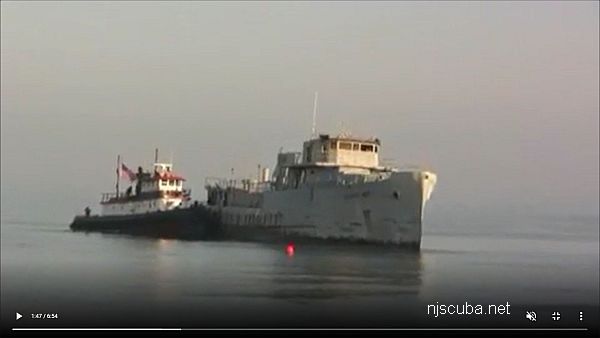
- Type:
- artificial reef, purse seiner, formerly Navy patrol craft
- Built:
- 1943, Albina Enine & Machine Works, Portland OR USA
- Specs:
- ( 185 x 33 ft ) 850 tons
- Sunk:
- Saturday, Jan 16, 2010 - DelJerseyLand Artificial Reef
- GPS:
- 38°31.063' -74°30.271'
- Depth:
- 100 ft
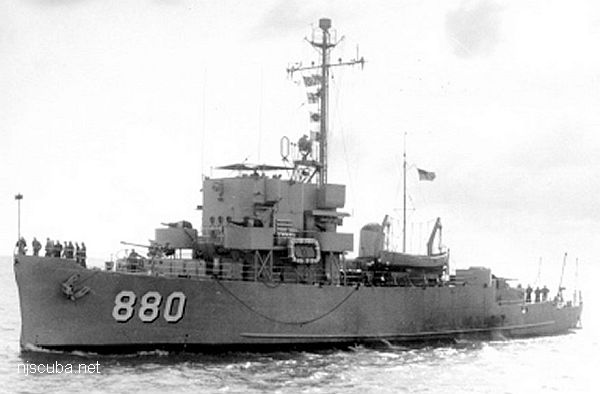
The Atlantic Mist, formerly PCE-880 / USS Ely was laid down August 12, 1943 by the Albina Engine and Machine Works, Portland, Oregon, launched October 27, 1943, commissioned USS PCE-880, 29 April 1944. Named Ely February 15, 1956. Placed in service in August 1947 as a Naval Reserve training vessel assigned to the 9th Naval District ( Great Lakes. ) Struck from the Naval Register July 1, 1970, and transferred September 3, 1970, to the State of Maine, Southern Maine Vocational Technical Institute, South Portland, ME and renamed R/V Aqualab II. Sold in 1972 to Kirks Marine Enterprise, Inc. of Dover, DE, and converted to a menhaden ( purse-seiner ) fishing boat. Sold in 1975 to Norman Industries, Inc. of Lafayette, LA. Renamed Atlantic Mist in 1979.
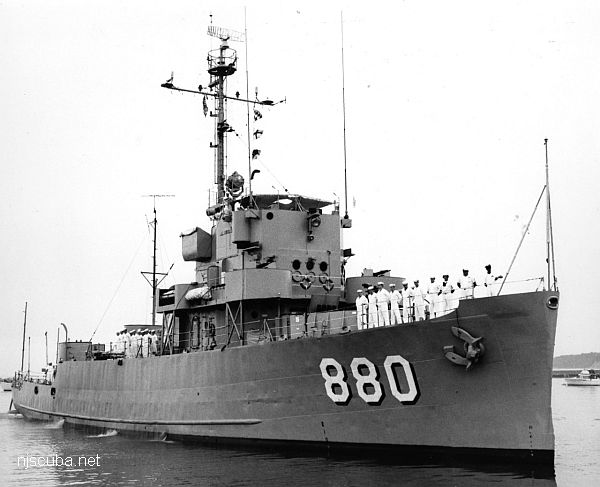
The Patrol Craft Escort was a World War II naval ship that was intended as a coastal and convoy escort. It was derived from the 180-foot Admirable-class minesweeper ( see Gregory Poole ) as a substitute for the 173-foot PC-461-class submarine chaser that was used for anti-submarine warfare (ASW) in coastal areas. At 185 feet long and 640 tons, the PCE was more than twice the displacement of the PC. It had a crew complement of 99 officers and men.
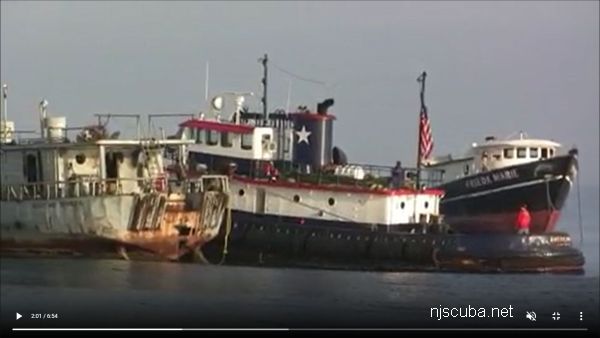

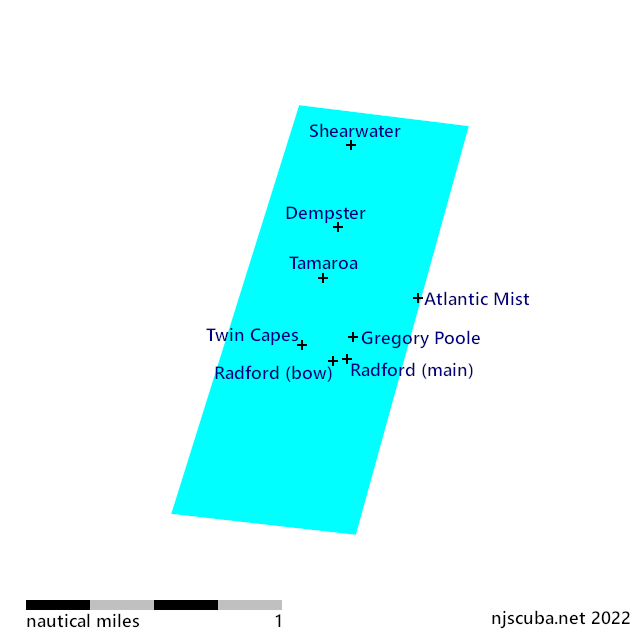
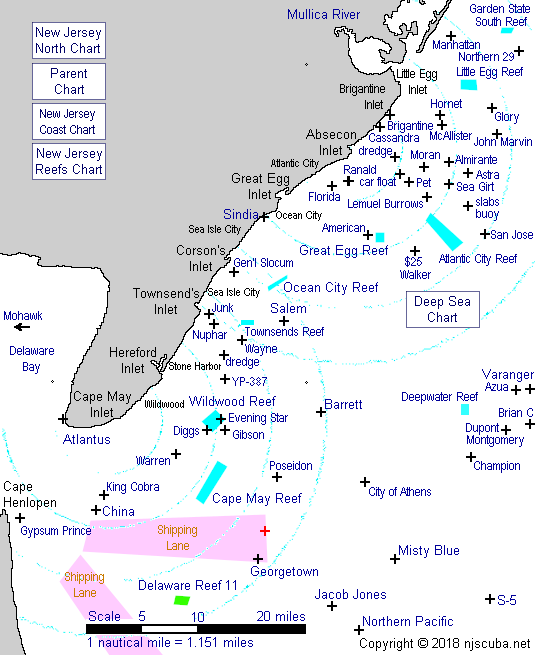
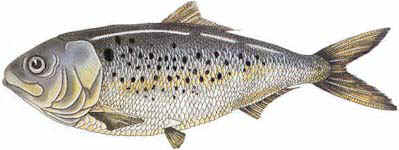
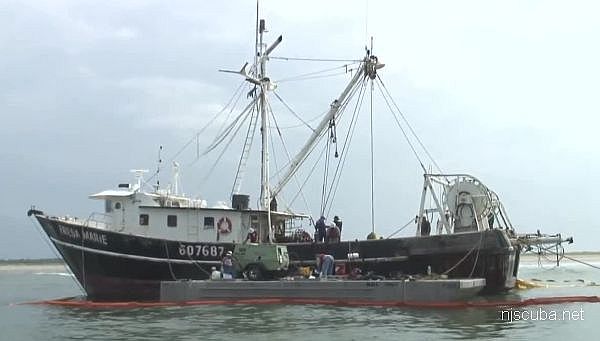
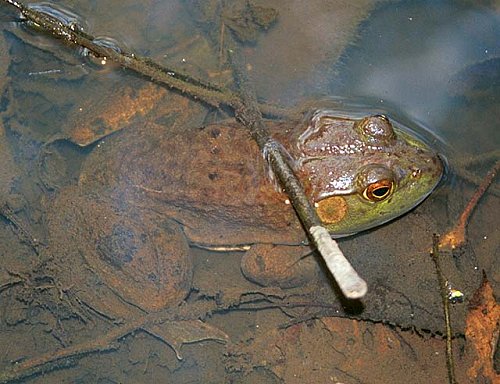
Questions or Inquiries?
Just want to say Hello? Sign the .